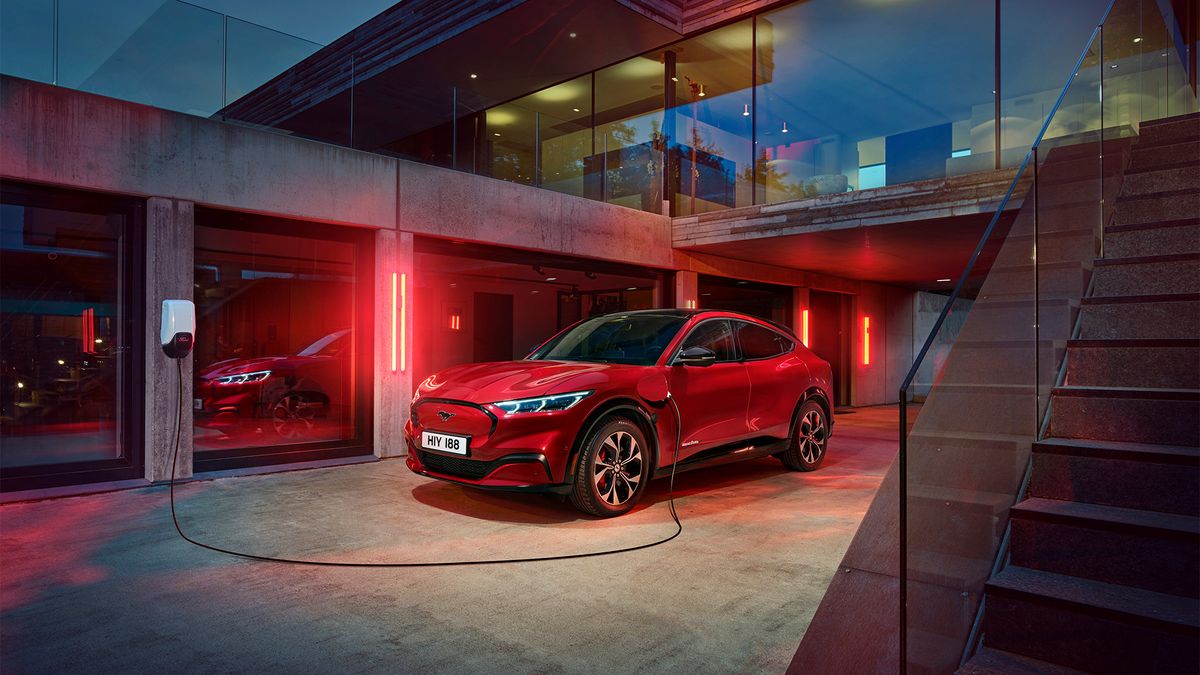Despite the global focus on phasing out internal combustion engines, automotive manufacturers are facing challenges with the slow adoption of electric vehicles by customers. Ford Motor recently announced a postponement of their planned $12 billion investment in new EV manufacturing capacity, citing customer reluctance to pay the premium price for EVs in North America. While this delay will not impact Ford’s commitment to future electric models, their electric-vehicle business unit, Ford Model e, reported a $1.3 billion operating loss during the third quarter of this year, nearly double the loss from the same period last year.
The initial excitement around electric vehicles has started to wane, and this recent news from Ford highlights the reality of the situation. Hertz, a multinational car rental company, also announced a slowdown in electrifying its fleet due to increased repair costs and Tesla’s consistent price cuts affecting resale values. Similarly, Honda and GM have scrapped their $5 billion joint development plans for more affordable electric vehicles, as GM adjusts its EV targets to match customer demand.
While most manufacturers remain committed to an all-electric lineup within the next 10-15 years, they are realizing that the transition will be more challenging than anticipated. Mercedes-Benz CFO Harald Wilhelm described the EV market as a “pretty brutal space,” pointing out that some manufacturers are selling EVs at lower prices than internal combustion engine cars, despite higher production costs. He believes that the current situation may not be sustainable for everyone, indicating that electric cars are unlikely to decrease in price anytime soon.
In conclusion, the slow customer uptake of electric vehicles is causing automotive manufacturers to reevaluate their plans and face financial challenges. The journey towards the EV revolution may be longer and more difficult than initially expected.

I have over 10 years of experience in the cryptocurrency industry and I have been on the list of the top authors on LinkedIn for the past 5 years. I have a wealth of knowledge to share with my readers, and my goal is to help them navigate the ever-changing world of cryptocurrencies.

